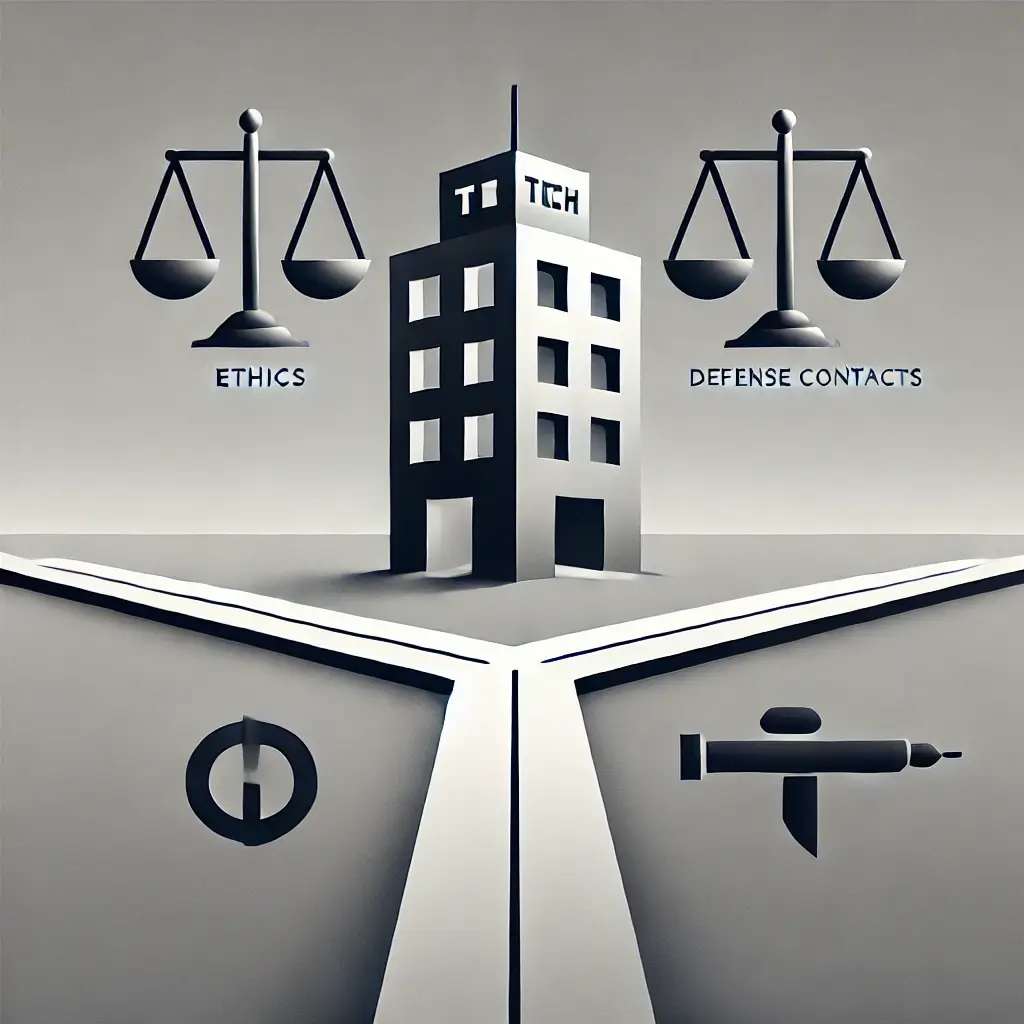A significant number of employees at DeepMind, Google’s artificial intelligence research division, are expressing deep concerns over Google’s reported defense contracts. At least 200 workers signed an internal letter, dated May 16, 2024, protesting Google’s involvement with military organizations, particularly in the context of AI and cloud computing services being supplied to the Israeli military.
Employees Voice Ethical Concerns
The internal letter, which circulated within DeepMind, articulates the signatories’ unease with Google’s military engagements, highlighting the potential conflict between these activities and the ethical standards that the company has publicly championed. The employees emphasize that Google’s involvement with defense-related projects undermines its position as a leader in ethical AI and contradicts the company’s mission and AI Principles, which were established to guide responsible AI development.
The letter points specifically to Google’s contracts with the Israeli military, as reported in various media outlets, as a source of concern. Employees argue that any involvement in military and weapons manufacturing not only threatens the company’s ethical stance but also risks eroding trust among users and the broader public.
A Culture Clash at Google and DeepMind
This protest reflects a broader cultural tension between Google and DeepMind, which Google acquired in 2014. At the time of the acquisition, Google made a commitment that DeepMind’s technologies would not be used for military or surveillance purposes. This promise was seen as a way to preserve DeepMind’s ethos of prioritizing ethical considerations in AI development, a stance that has set the division apart from many of its peers in the tech industry.
However, as Google continues to expand its business interests, including its contracts with military organizations, this promise appears to be under strain. The protest by DeepMind employees suggests a growing concern that the division’s work could become entangled with uses that many of its researchers find morally objectionable.
The internal dissent at DeepMind is part of a larger pattern of employee activism within Google. Over the past few years, Google employees have increasingly spoken out against the company’s involvement in projects they deem unethical, such as Project Maven, a U.S. military initiative involving AI, which led to significant internal protests and, eventually, Google’s decision not to renew the contract.
Ethical AI in Jeopardy?
From my point of view, the concerns raised by DeepMind employees are emblematic of the broader challenges tech companies face as they navigate the intersection of business, ethics, and technology. The debate over Google’s defense contracts highlights the ongoing tension between commercial interests and ethical commitments, particularly in the realm of AI, where the potential for both positive and negative impacts is immense.
The letter underscores the importance of maintaining a strong ethical foundation in AI development, particularly when the technology is as powerful and transformative as AI. Google’s AI Principles, which were designed to ensure that AI is developed responsibly, could be compromised if the company continues to engage in military contracts. This could not only harm Google’s reputation but also set a troubling precedent for the broader tech industry.
As AI continues to evolve and its applications expand, companies like Google will need to carefully consider the ethical implications of their work. The protest from DeepMind employees serves as a reminder that the people who build these technologies are deeply invested in how they are used — and that their voices matter.
In conclusion, the internal protest at DeepMind against Google’s defense contracts sheds light on the ethical dilemmas facing tech companies today. As Google navigates its role in the increasingly complex landscape of AI, it will need to balance its business interests with its commitment to ethical AI, ensuring that its actions align with the values it has publicly espoused. The outcome of this internal conflict could have significant implications for the future of AI development at Google and beyond.






